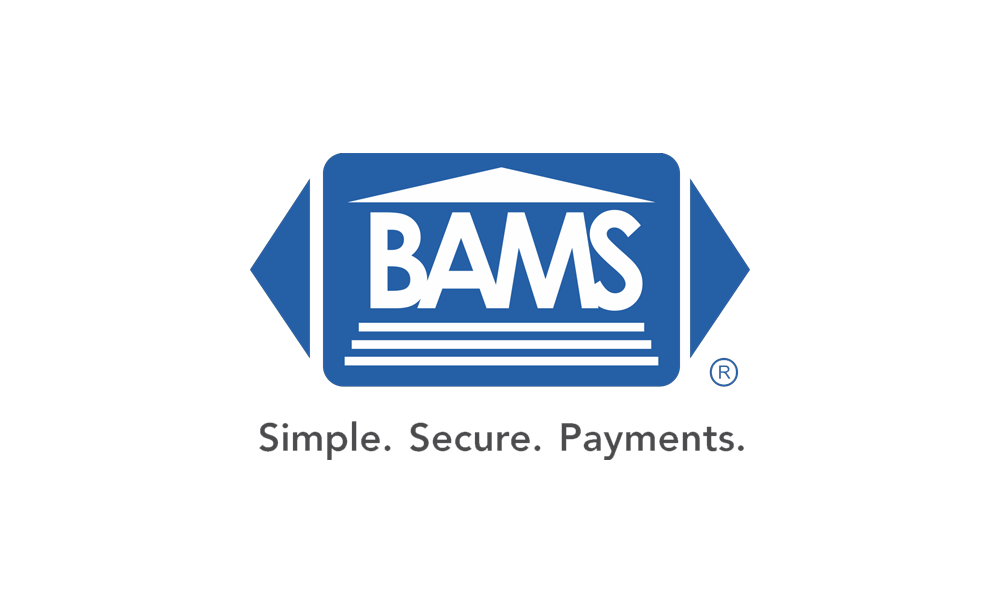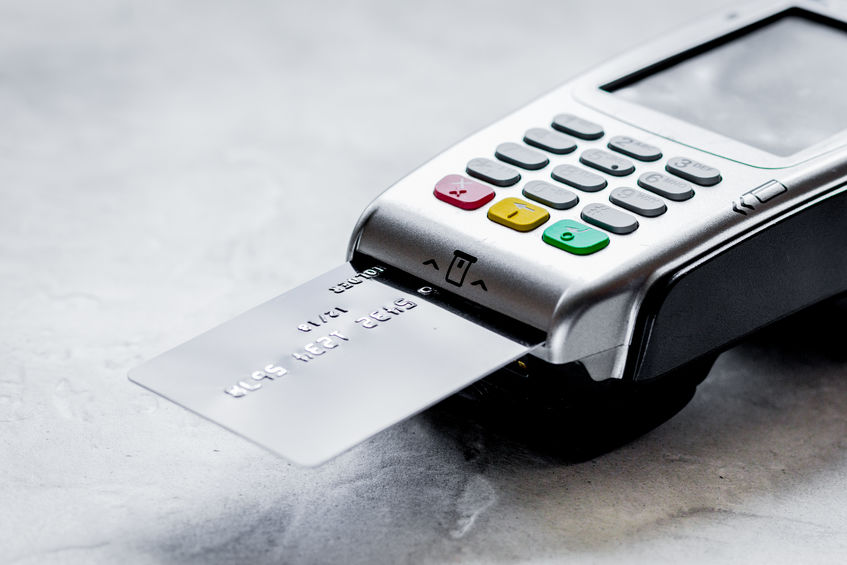B2B Merchant Processing Solutions
When businesses buy things from each other, how do they do it? While extremely large capital purchases are sometimes made with bank transfers, you might be surprised at just how often even large business expenses are paid for with credit cards. However, accepting B2B credit card payments on major sales is generally not the same as having a consumer tap their card at checkout or plugin their payment details online. Instead, businesses looking to take payment for large B2B sales with credit cards must take some extra steps that primarily exist to protect both them and their customers from the potential risks and costs associated with major outlays. Choosing the right partner for your B2B merchant processing solutions will help you reduce costs as well as risks so you can successfully take payment for your products and services.
What Goes Into B2B Payment Processing?
For small businesses selling only to other small businesses, in small amounts, standard processing may be more than enough. Beyond that, there are some upgrades merchants have to do to their processing capabilities in order to make card payments viable, centering around two major areas: reporting and security.
Level 3 Data Reporting:
Level 3 reporting records all of the standard line items of a normal credit card transaction plus a host of additional data points, including, but not limited to:
- Invoice number
- Item product code
- Item unit of measure
- Item extended amount
- Freight amount
- Duty amount
- Ship-from zip code
- Destination zip code
Large B2B transactions require level 3 reporting for two primary reasons. First, it allows B2B customers to track their spending with extreme accuracy. Second, the additional data helps reduce risk and, in turn, unlocks lower interchange rates from the card companies, which helps minimize transaction fees.
P2PE:
Point-to-point encryption (P2PE) is an advanced security protocol that beefs up transaction security to ensure a customer’s sensitive payment data is encrypted from the second a purchase is made. Whereas traditionally a transaction would be encrypted just before transmission to the processor, when the possibility still exists for bad actors to exploit the gateway system by hacking a physical payment terminal, for instance. P2PE eliminates that threat by ensuring payment data is encrypted within the gateway system itself and is completely invisible on the merchant’s end, all the way through the transmission and approval process. The enhanced security P2PE systems offer enables merchants to reduce their PCI requirements and also shifts liability for fraud away from the merchant — a huge consideration for large B2B transactions.
Tokenization:
Tokenization is the process of replacing a piece of sensitive data — like a credit card number — with a token of equal size that takes the place of the original data. As opposed to normal encryption which sends the sensitive data, albeit in a disguised format, tokenization does not transmit the original sensitive data in any way. The token transmitted in its place is completely unrelated and can’t be returned to the original form, ensuring security even if the token is intercepted by a bad actor. Tokenization is of key importance in most B2B transactions since the potential cost of high-limit B2B payment information being compromised is significant.
B2B Processing with BAMS:
BAMS merchants have access to everything they need to handle even the largest B2B payments, from level 3 data reporting, to certified P2PE payment systems, to tokenization, advanced fraud protection, and more. On top of all that, BAMS’s interchange-plus pricing model also ensures that merchants will always pay the guaranteed-lowest transaction fees possible — a major savings driver, especially on high-dollar sales.
To find out more about how a BAMS merchant account can help your business offer more competitive B2B sales, get started with your free five-point price comparison today!




